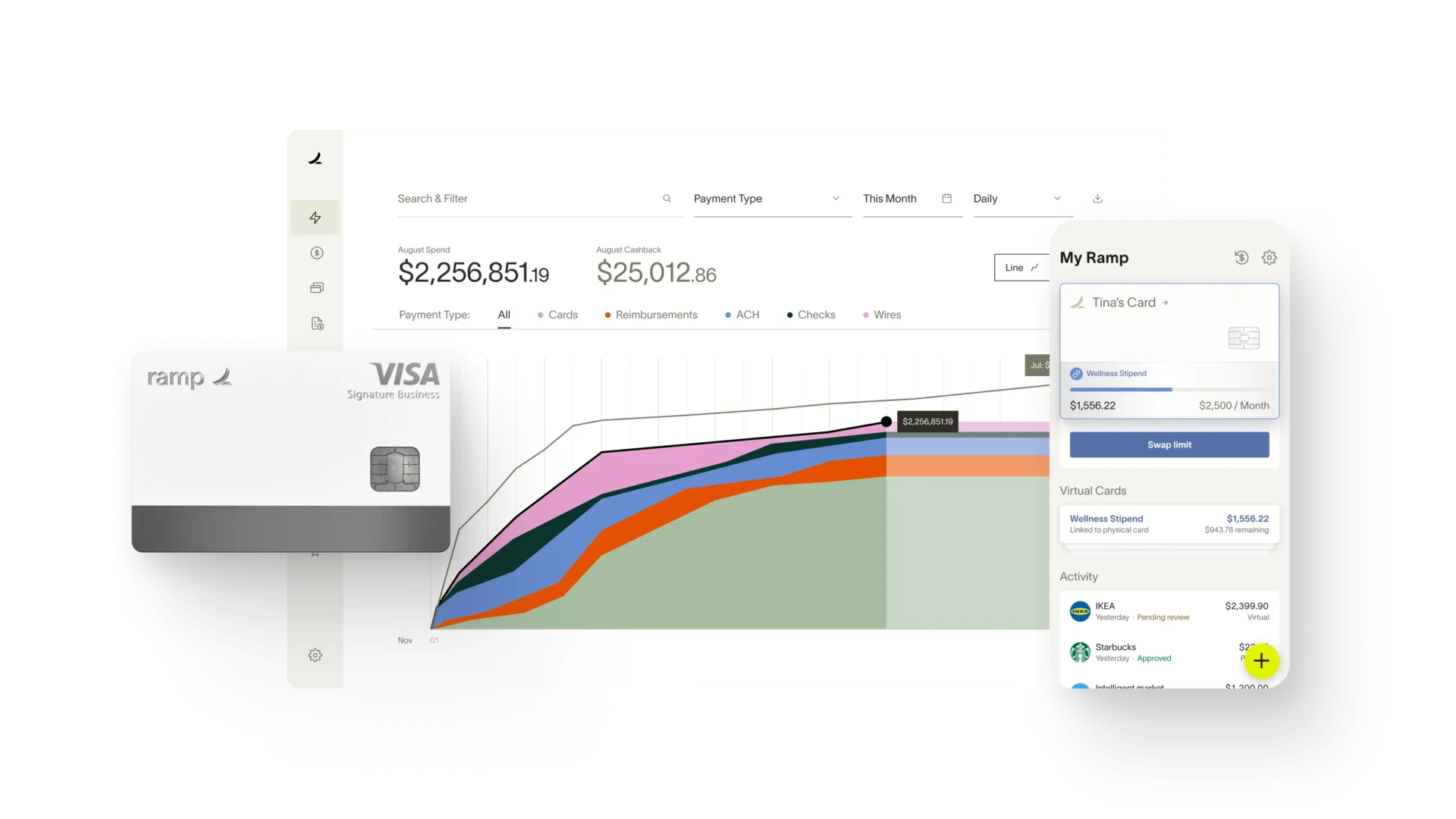

straight to your inbox
For any self-employed individual, freelancer, or small business owner, tax season can be a twisty maze of forms and regulations. One of the most important aspects of tax compliance is keeping accurate records of all financial transactions throughout the year. But what exactly qualifies as a receipt when it comes to taxes? And more specifically, do bank statements fit the bill? Let’s break down this critical component of tax preparation and provide clarity on when bank statements are acceptable as receipts for taxes.
Importance of Proper Record-Keeping for Taxes
Before diving into the specifics of receipts and bank statements, it’s crucial to understand the why behind proper record-keeping. The Internal Revenue Service (IRS) mandates that taxpayers maintain records supporting income, deductions, and credits they claim on their tax returns. This includes everything from invoices and receipts to bank statements that verify the financial activities reported.
Proper record-keeping not only ensures compliance but also facilitates a smoother audit process in case of a tax inquiry. Records serve as the backbone of your business or personal financial history, providing a clear picture of your financial standing and milestones over the years.
Defining the Distinction
Receipts and bank statements serve distinct purposes when it comes to your financial records and tax documentation. A receipt is a written acknowledgment that money or goods have been received, often detailing the transaction, such as the date, amount, and purpose. Meanwhile, a bank statement is a report issued by a bank which lists out the transactions conducted through a particular account.
Understanding this difference is crucial because the IRS has specific requirements for the types of documents you need to retain and provide as evidence of tax-related activity.
What Qualifies as a Receipt for Taxes
The IRS’s stance on what constitutes a receipt can be quite broad. Essentially, a receipt can be any document that proves a transaction took place. This can include:
- Canceled checks
- Invoices
- Bank or credit card statements
- Credit card receipts
- Sales slips
- Petty cash slips
- Vouchers
- Account statements that itemize the date, amount, and description of the expense
The key is that these documents need to be written and adequately describe the expense or income.
Meeting IRS Criteria
For a document to serve as a receipt, it needs to contain the following information:
- The amount paid or received
- The transaction date
- The identity of the parties involved
- A clear indication of the nature of the goods or services, or any other expense item, purchased
If your bank statement can fulfill these requirements, it may indeed serve as a receipt for tax purposes.
When Bank Statements Can Be Used
Bank statements can be used as tax receipts in several scenarios. They come in handy particularly when:
- You've lost a traditional receipt: A bank statement can help recreate the paper trail required by the IRS if an original receipt has been misplaced.
- Categorization of expenses: For routine or minor expenses where a detailed receipt may not be available, bank statements can provide a backup to document that the expense occurred.
- Proof of large transactions: For significant expenditures, a bank statement can provide a high-level record of the transaction.
When Bank Statements Cannot Be Used
Despite their utility, bank statements alone are not always sufficient to satisfy IRS requirements. Situations where this is the case include:
- Lack of detail: The IRS may deem a bank statement insufficient if it does not provide an adequate description of the expense or income.
- Unauthorized transactions or those not related to business: Personal or unauthorized transactions should not appear on bank statements used for tax purposes.
- Itemization: If the transaction does not coincide with a specific line item on your taxes, additional documentation may be necessary.
Best Practices for Record-Keeping
Maintaining a robust record-keeping system is essential for tax purposes. Here are some best practices to follow:
- Keep it digital: Scanning receipts and organizing them in digital folders can save space and make records easily accessible.
- Be descriptive: Don’t rely on the bare minimum in notes or descriptions. Meticulously detail each transaction to limit confusion and backtracking.
- Regularly reconcile: Ensure your records are up-to-date and reflect the information on your bank and credit card statements.
- Stay organized: Categorize your receipts properly so you can swiftly access them when needed.
Conclusion
The matter of whether bank statements count as receipts for taxes is not a simple yes or no; it depends on the circumstances and the level of detail required by the IRS. While bank statements can be considered acceptable in some cases, they shouldn’t replace the need for traditional receipts and proper documentation whenever possible. Always remember the importance of maintaining clear and comprehensive records that can be easily substantiated in the event of an audit or inquiry. When in doubt, consult with a tax professional who can offer personalized guidance.










